All posts tagged "juvenile detention"
-
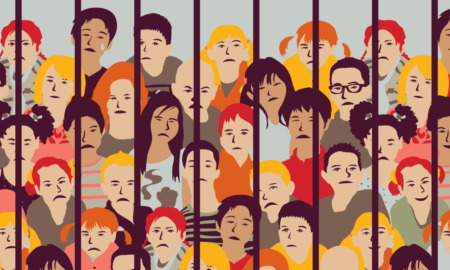
 447► Podcasts
447► PodcastsPodcasts explain latest trends in youth justice
What are effective ways to respond when youth make mistakes and break the law?
-
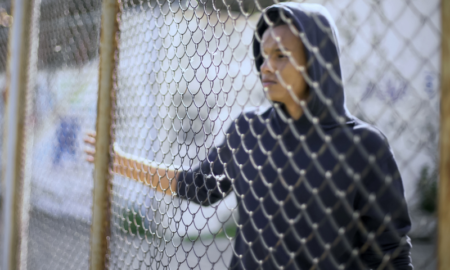
 1.7KNews
1.7KNewsWhile youth detention numbers rise, states begin to roll back reforms
States are backtracking on youth justice reforms.
-
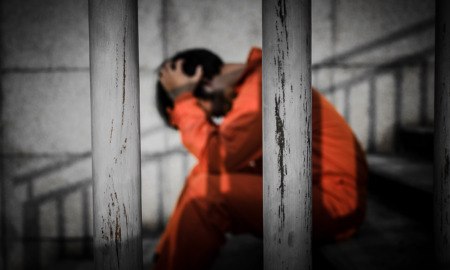
 1.7KNews
1.7KNewsThe seemingly endless cycle of reforms in juvenile justice
Ohio announced it will try to shut down its three large youth correctional facilities.
-
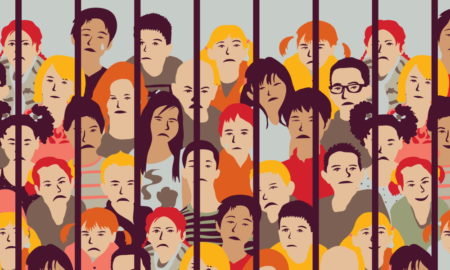
 2.0K► Reports
2.0K► ReportsNational report highlights severe cost of inadequate juvenile justice system
Our state and federal juvenile justice systems fail to consider stages of adolescent development.
-
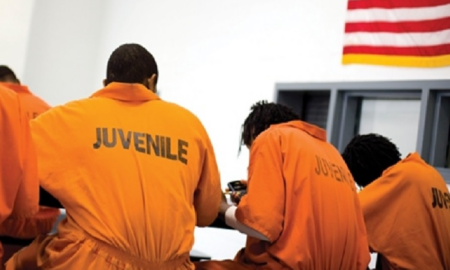
 1.7KGrants
1.7KGrantsYouth/juvenile justice reform and prevention/intervention research grants
GRANT FOCUS: Juvenile Justice, Juvenile Offenders, Juvenile Recidivism, Research | Amount: Up to $2,000,000 | Deadline: May 21, 2024
-
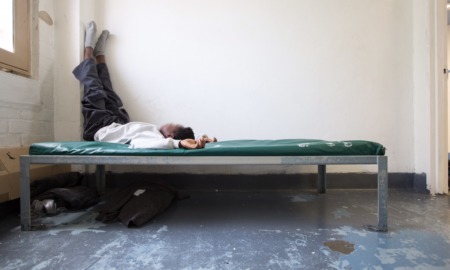
 854News
854NewsTennessee lawmakers want more oversight of juvenile detention. The Department of Children’s Services is pushing back.
New legislation gives an independent agency the power to require changes at juvenile facilities.
-

 1.6KGrants
1.6KGrantsYouth reentry support and recidivism prevention program grants
GRANT FOCUS: Juvenile Justice, Youth Reentry, Youth Recidivism, System-involved Youth, Youth Safety | Amount: Up to $750,000 | Deadline: Apr. 15, 2024
-
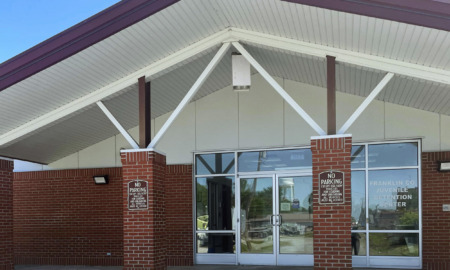
 846News
846NewsIllinois judge closes juvenile detention center after ‘facility in crisis’ fails to meet new state standards
The judge cited staffing shortages that made it difficult to meet new state standards.
-
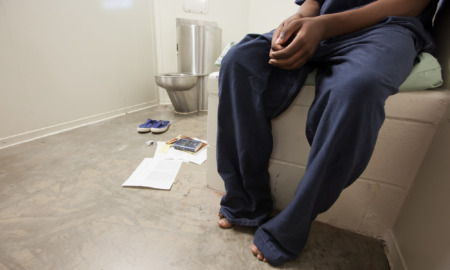
 795News
795NewsHundreds of seclusions were “Voluntary.” Some kids don’t see it that way.
Inspections by DCS and reports from detained youth suggest the seclusions are not voluntary.
-
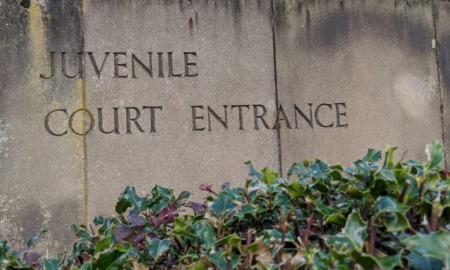
 1.8KNews
1.8KNewsJuvenile detention fees cripple families financially, opponents say
California was first to stop charging families for incarcerating juveniles. Most states continue levying.
-

 1.3KNews
1.3KNewsJudge rules Louisiana must remove youth from Angola
“We demand investment in our children, not punishment," said David Utter, ACLU's lead counsel.
-

 2.3KNews
2.3KNewsKristin Henning: The criminalization of Black children needs to stop
We criminalize really every aspect of Black and brown adolescence, Henning says.
-
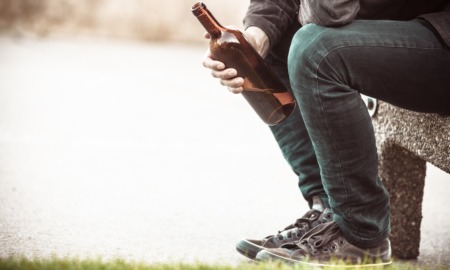
 1.3K► Reports
1.3K► ReportsDrug and alcohol use reported by youth in juvenile facilities, 2008–2018
More youth reported never using drugs in their lifetime in 2018 than in 2008-09.
-
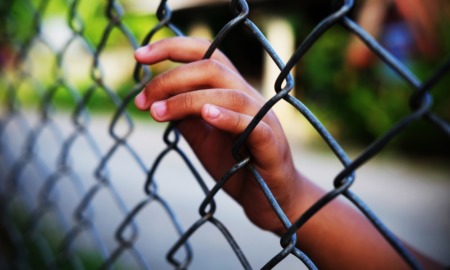
 1.1K► Reports
1.1K► ReportsChanging course in youth detention: Reversing widening gaps by race and place
A report finds widening racial and geographic inequities in youth detention since the pandemic.
-

 686Grants
686GrantsJuvenile justice reform leadership team grants
GRANT FOCUS: Juvenile Justice, Minority Youth, Systemic Racism, Diversion, Juvenile Justice Reform | Amount: Unspecified | Deadline: July 10, 2023
-

 2.1KOpinion
2.1KOpinionTo end the age of incarceration, three communities pioneer a developmental approach
People ages 18-25 are over-represented at every stage of the criminal legal system.
-
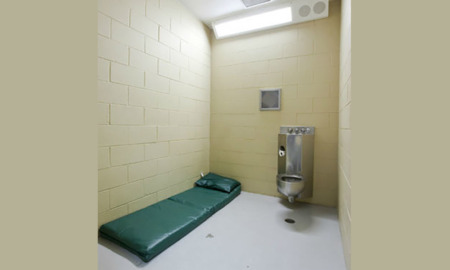
 4.8KNews
4.8KNewsAgainst changing tide, 11 states haven’t limited solitary confinement of juveniles
“Solitary confinement tried to break my soul," said Vidal Guzman Jr.
-
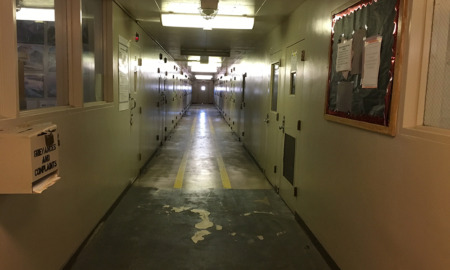
 1.3K► Reports
1.3K► ReportsFederal bureau releases new data on reported sexual assault and harassment in juvenile facilities
Most of the victims were boys, who, as a group, outnumber incarcerated girls.
-
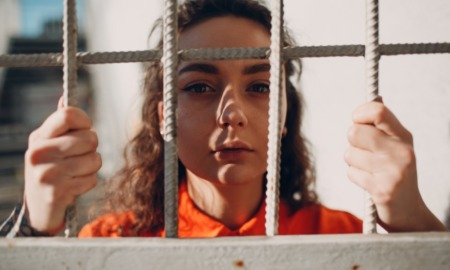
 1.6K► Reports
1.6K► ReportsReport: Girls’ arrests rose; incarceration rates were highest among Black and Native American girls
Girls accounted for 31% of arrested youth in 2019, up from 18% in 1990.
-
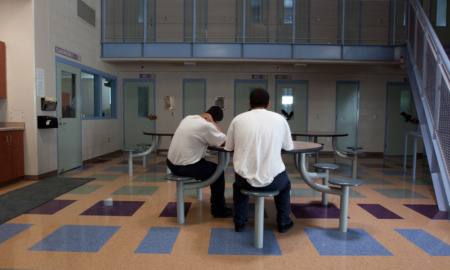
 1.9KOpinion
1.9KOpinionCalifornia: Is this how you want your kids to be treated?
“Why are we still pepper spraying other people's kids?" one juvenile justice advocate asked.


























